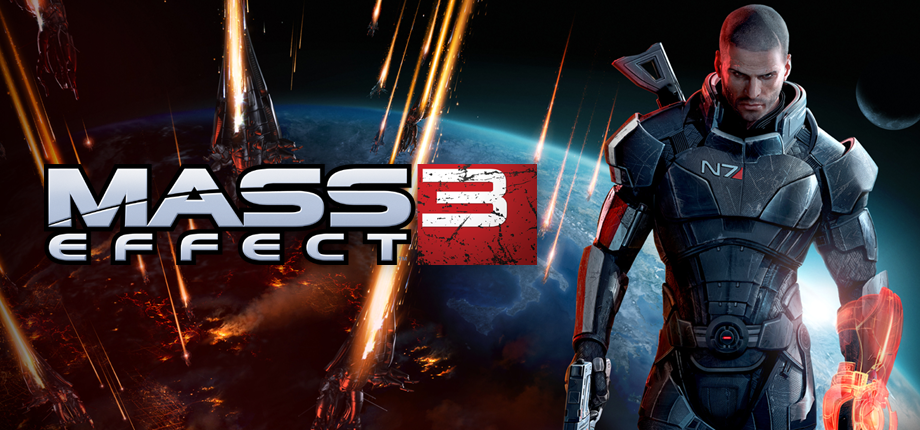
Mass Effect 3
I am lukewarm on the entire Mass Effect trilogy. The first one was an amazing story married to downright horrible gameplay. The second brought the gameplay up to the lofty heights of “basically OK” while still delivering narratively. So I was prepared for the third game to be another DmC Devil May Cry – a franchise whose intense fan following baffles me releasing an installment whose negative reception baffles me even more. Instead, I found the ending subpar even by the trilogy’s decidedly average standards. The Extended Cut is a decent improvement, but it’s part of the game’s concerning pattern of carving out major narrative components as DLC, including one released on launch day – and Extended Cut was the only free one.
A common complaint about the ending is how at-odds it is with the rest of game, and I’m inclined to agree. Prior to the last 20 minutes, this was an acceptable continuation of Mass Effect 2. The adequate cover-based shooting returns almost unchanged, so while it’s still fairly clunky, it’s also spiced up with mild RPG elements. The audio and visual design are as sterile and serviceable as ever, and the dialogue scenes deliver genuine drama and humour from the depths of the uncanny valley. The main plot can be described as Shepard performing the entire galaxy’s errands so they’ll agree to help his/her species not be extinct, which is as silly as it sounds, but it’s no sillier than when he/she was resurrected by throwing money at his/her corpse in the previous game. Most importantly, side missions focus on the development of characters and their universe, all the major players get at least one moment in the spotlight, and it’s all in preparation for a final mission where lots of things can go wrong.
The main difference is that squadmate loyalty is replaced by “war assets” and “galactic readiness” as the primary commodities affecting the finale. The system is laughably shallow; war assets amount to a single number, and the planet-scanning and Reaper-avoiding you do to supplement your asset collection barely qualify as game mechanics. Similarly, galactic readiness represents the percentage of assets that can be effectively mobilized, and it’s gained by playing the new co-op multiplayer mode. The integration of the two modes is a neat idea, but forcing it on players of a three-game single-player story was wildly distasteful. At least the multiplayer is reasonably enjoyable. It’s deeper and more challenging than the campaign, whose difficulty doesn’t seem to account for the strength of an imported Shepard. Unfortunately, it’s ruined by its monetization, which I was shocked to discover used loot boxes before it was cool.